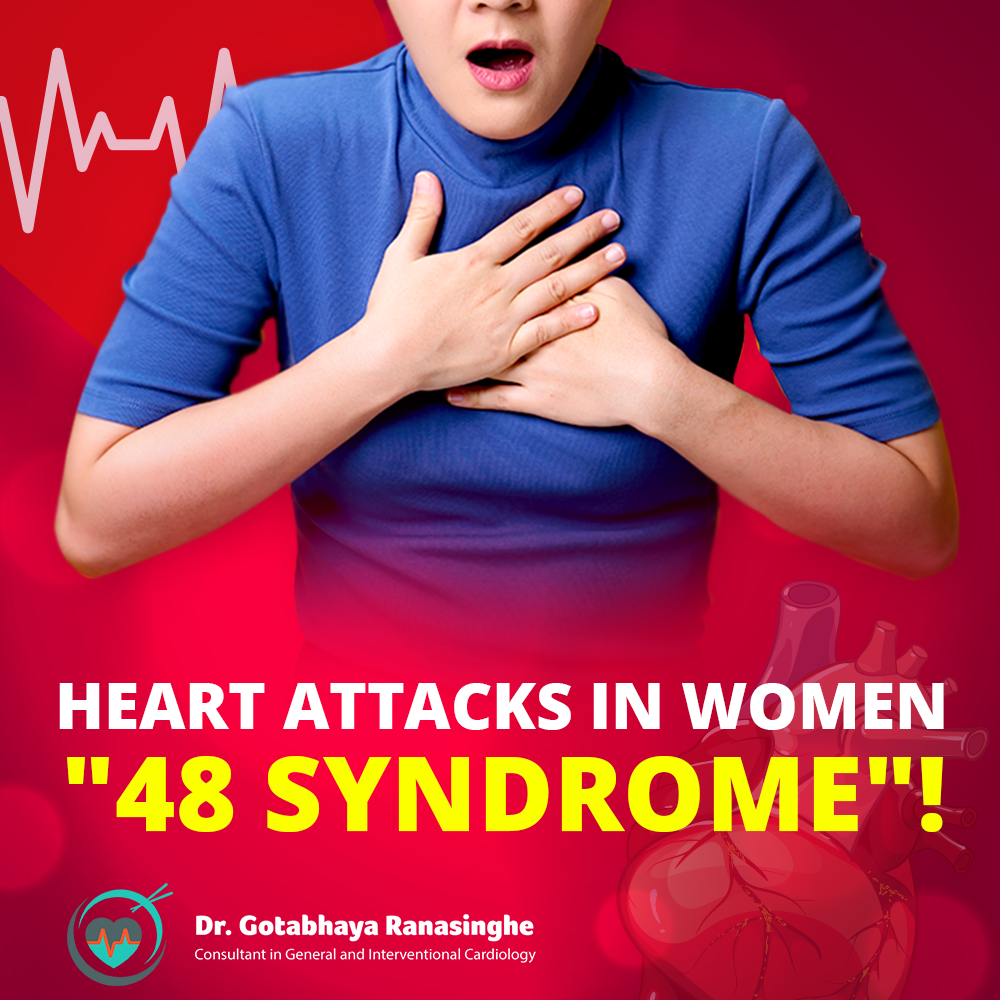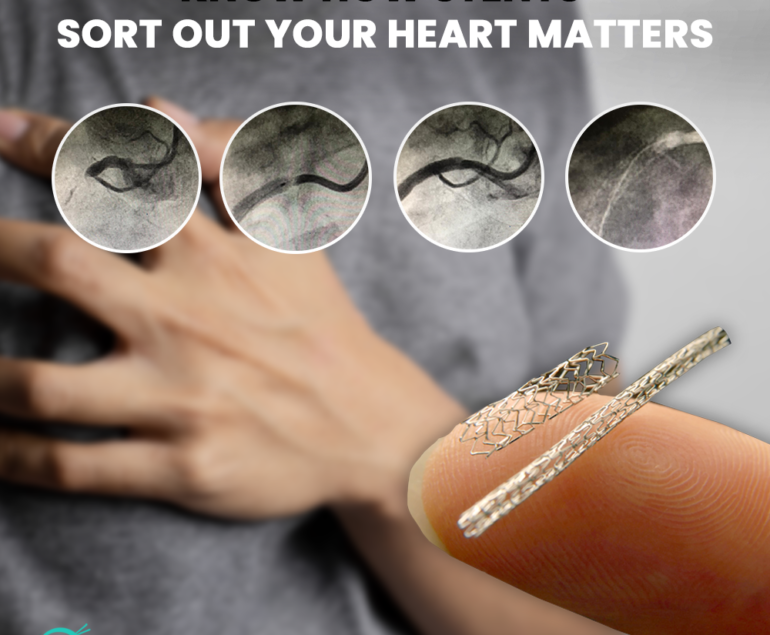Heart Attacks in Women – "48 Syndrome"!
Heart attacks and their aftermath tend to be deadlier in women. More women than men die within a year of having a heart attack. This may happen because women are generally older than men when they suffer heart attacks. Women also tend to think their symptoms are not those of a heart attack and they don’t seek immediate care. Further, women don’t respond as well as men to the treatments usually prescribed during or after a heart attack.
For many women, a heart attack may feel like a strange discomfort in the back or some other sign that is easy to ignore instead of crushing chest pain.
When women do go to the hospital, healthcare providers may miss the diagnosis of a heart attack because the symptoms are not clear. Without a definite diagnosis, a woman may be sent home thinking that her symptoms don’t mean anything serious.
Studies confirm that heart disease may differ in women in ways that healthcare providers may not recognize. Heart disease in many women doesn’t occur from obvious blockages in arteries as it does in men.
Instead, for women, plaque often spreads evenly along the artery wall or in the smaller arteries. This is called microvascular syndrome. The changes in hormones connected to aging or inflammation may explain why women’s smaller blood vessels are affected. These areas don’t show up on an angiogram, the standard imaging test that measures blood flow in the big arteries.
Women don’t often feel the “elephant-on-the-chest” pain that takes place when large arteries shut down. Instead, they may have subtle symptoms. They may feel pressure or squeezing or shortness of breath. Symptoms may even pop up elsewhere in the body, such as the jaw. Many women feel more tired than usual or have pain in their stomach and think they have indigestion or heartburn.
As per the observations I strongly believe, the stage for heart disease in Sri Lankan women is set before menopause particularly around the age of 48 which I refer to as “The 48 Syndrome” as this is the most vulnerable period for women to develop high blood pressure, high cholesterol, extra weight (especially around the waist), high blood sugar. These factors play a part in plaque buildup hence causing most of the heart-related irregularities & heart disease!




